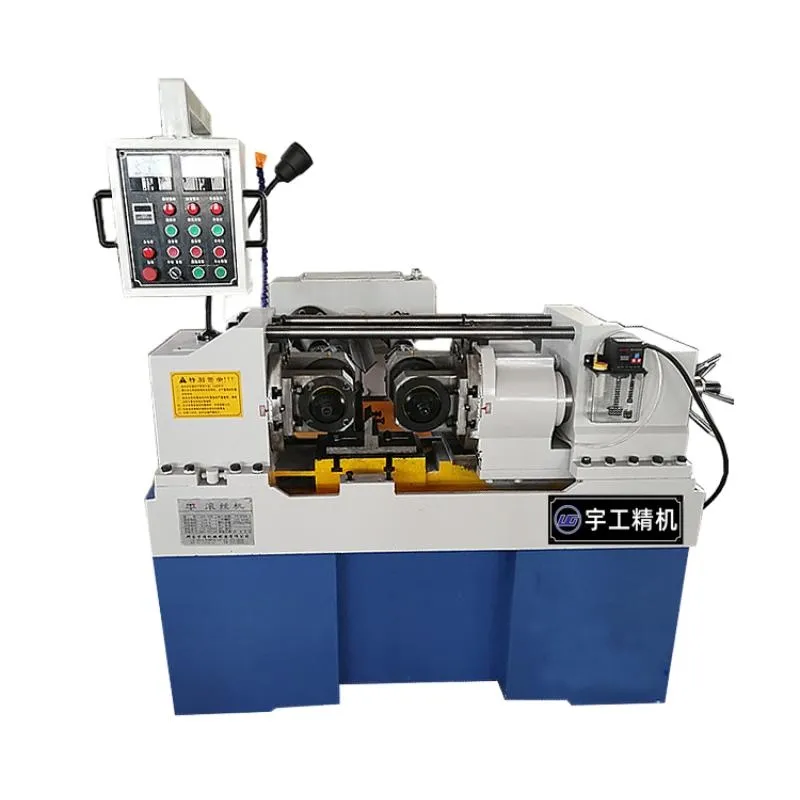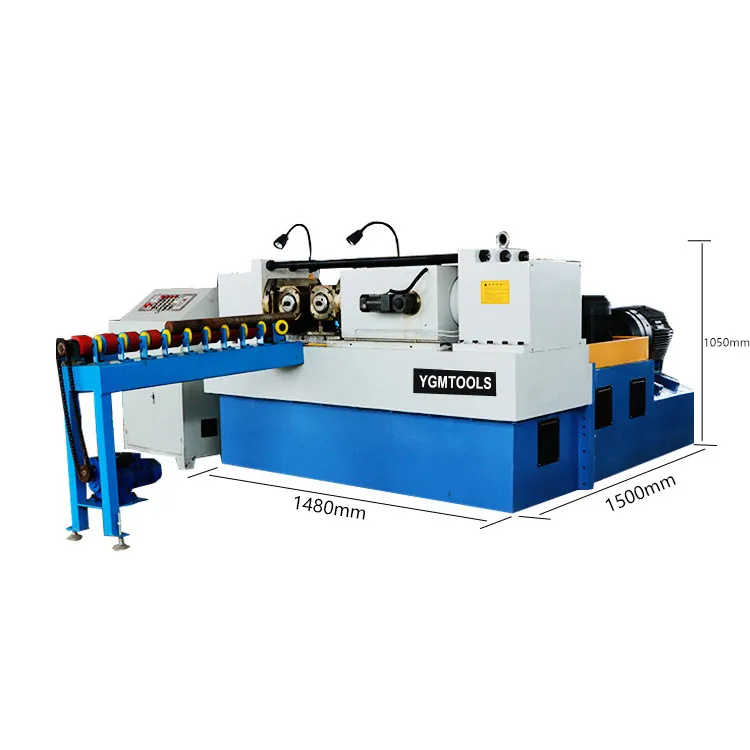
-
 Afrikaans
Afrikaans -
 Albanian
Albanian -
 Amharic
Amharic -
 Arabic
Arabic -
 Armenian
Armenian -
 Azerbaijani
Azerbaijani -
 Basque
Basque -
 Belarusian
Belarusian -
 Bengali
Bengali -
 Bosnian
Bosnian -
 Bulgarian
Bulgarian -
 Catalan
Catalan -
 Cebuano
Cebuano -
 Corsican
Corsican -
 Croatian
Croatian -
 Czech
Czech -
 Danish
Danish -
 Dutch
Dutch -
 English
English -
 Esperanto
Esperanto -
 Estonian
Estonian -
 Finnish
Finnish -
 French
French -
 Frisian
Frisian -
 Galician
Galician -
 Georgian
Georgian -
 German
German -
 Greek
Greek -
 Gujarati
Gujarati -
 Haitian Creole
Haitian Creole -
 hausa
hausa -
 hawaiian
hawaiian -
 Hebrew
Hebrew -
 Hindi
Hindi -
 Miao
Miao -
 Hungarian
Hungarian -
 Icelandic
Icelandic -
 igbo
igbo -
 Indonesian
Indonesian -
 irish
irish -
 Italian
Italian -
 Japanese
Japanese -
 Javanese
Javanese -
 Kannada
Kannada -
 kazakh
kazakh -
 Khmer
Khmer -
 Rwandese
Rwandese -
 Korean
Korean -
 Kurdish
Kurdish -
 Kyrgyz
Kyrgyz -
 Lao
Lao -
 Latin
Latin -
 Latvian
Latvian -
 Lithuanian
Lithuanian -
 Luxembourgish
Luxembourgish -
 Macedonian
Macedonian -
 Malgashi
Malgashi -
 Malay
Malay -
 Malayalam
Malayalam -
 Maltese
Maltese -
 Maori
Maori -
 Marathi
Marathi -
 Mongolian
Mongolian -
 Myanmar
Myanmar -
 Nepali
Nepali -
 Norwegian
Norwegian -
 Norwegian
Norwegian -
 Occitan
Occitan -
 Pashto
Pashto -
 Persian
Persian -
 Polish
Polish -
 Portuguese
Portuguese -
 Punjabi
Punjabi -
 Romanian
Romanian -
 Russian
Russian -
 Samoan
Samoan -
 Scottish Gaelic
Scottish Gaelic -
 Serbian
Serbian -
 Sesotho
Sesotho -
 Shona
Shona -
 Sindhi
Sindhi -
 Sinhala
Sinhala -
 Slovak
Slovak -
 Slovenian
Slovenian -
 Somali
Somali -
 Spanish
Spanish -
 Sundanese
Sundanese -
 Swahili
Swahili -
 Swedish
Swedish -
 Tagalog
Tagalog -
 Tajik
Tajik -
 Tamil
Tamil -
 Tatar
Tatar -
 Telugu
Telugu -
 Thai
Thai -
 Turkish
Turkish -
 Turkmen
Turkmen -
 Ukrainian
Ukrainian -
 Urdu
Urdu -
 Uighur
Uighur -
 Uzbek
Uzbek -
 Vietnamese
Vietnamese -
 Welsh
Welsh -
 Bantu
Bantu -
 Yiddish
Yiddish -
 Yoruba
Yoruba -
 Zulu
Zulu
Bolt Rolling Machine Manufacturer High-Precision & Durable Solutions
- Industry Overview & Market Demand for Bolt Rolling Machines
- Technical Superiority in Modern Bolt Production
- Performance Comparison of Leading Manufacturers
- Custom Engineering Solutions for Specific Applications
- Operational Efficiency Metrics Across Industries
- Maintenance Protocols & Service Network Coverage
- Global Distribution Channels for Equipment Exporters

(bolt rolling machine)
Bolt Rolling Machines: Powering Industrial Fastener Production
The global bolt manufacturing sector requires 15.2 million metric tons of fasteners annually, with bolt rolling machine
s forming the backbone of this $82 billion industry. As production demands intensify, manufacturers increasingly seek equipment combining high-speed operation (up to 450 pieces/minute) with micron-level threading precision.
Engineering Excellence in Thread Formation
Advanced servo-electric systems now achieve 37% energy reduction compared to hydraulic models, while maintaining ±0.005mm dimensional consistency. Dual-stage rolling heads prevent material deformation, crucial for aerospace-grade titanium fasteners requiring 1,250 MPa tensile strength.
| Manufacturer | Cycle Time (sec) | Thread Accuracy | Max Diameter (mm) | Energy Use (kWh) |
|---|---|---|---|---|
| TechRoll TR-9X | 0.85 | ISO 4g | 42 | 8.7 |
| PrecisionBolt PB-2200 | 1.12 | ISO 6g | 38 | 11.4 |
| GlobalForge GF-RM6 | 0.95 | ISO 5g | 45 | 9.9 |
Adaptive Manufacturing Configurations
Modular designs allow bolt rolling machine factories to reconfigure production lines within 90 minutes for different fastener specifications. Smart tooling carts with RFID tagging enable automatic parameter adjustment for materials ranging from aluminum (6061-T6) to high-carbon steel (SAE 1541).
Operational Impact Across Sectors
Automotive assembly plants report 22% fewer production stoppages after implementing predictive maintenance systems on bolt rolling equipment. Energy infrastructure projects benefit from machines producing M42×4 flange bolts capable of withstanding 850°C operational temperatures.
Service Lifecycle Management
Comprehensive service packages from leading bolt rolling machine providers include remote diagnostics with 98.3% first-contact resolution rates. Regional service hubs maintain 48-hour response times for critical component replacements, supported by 85,000+ spare parts in global inventories.
Bolt Rolling Machine Exporters Connecting Global Markets
International trade data shows 17% annual growth in bolt forming equipment exports, with Tier 1 manufacturers supporting 23 language interfaces for control systems. Advanced shipping protocols prevent alignment drift during transit, ensuring ±0.01mm machine bed flatness upon installation.

(bolt rolling machine)
FAQS on bolt rolling machine
Q: What factors should I consider when selecting bolt rolling machine factories?
A: Prioritize factories with certifications like ISO, proven industry experience, and positive client reviews. Ensure they offer customization and post-purchase technical support for reliable machinery.
Q: What services are typically included with a bolt rolling machine purchase?
A: Reputable providers include installation, operator training, and warranty coverage. Many also offer maintenance contracts and 24/7 troubleshooting assistance for uninterrupted operations.
Q: How do I identify a trustworthy bolt rolling machine exporter?
A: Look for exporters with global trade certifications, transparent shipping/import documentation, and local service partnerships. Verify their track record in your target market region.
Q: What industries commonly use bolt rolling machines?
A: These machines serve automotive, construction, and heavy equipment industries. They're essential for manufacturing high-strength threaded fasteners at scale with precision tolerances.
Q: How often should bolt rolling machines undergo maintenance?
A: Perform lubrication and inspection every 500 operating hours. Schedule professional calibration annually to maintain thread accuracy and prevent premature wear.
